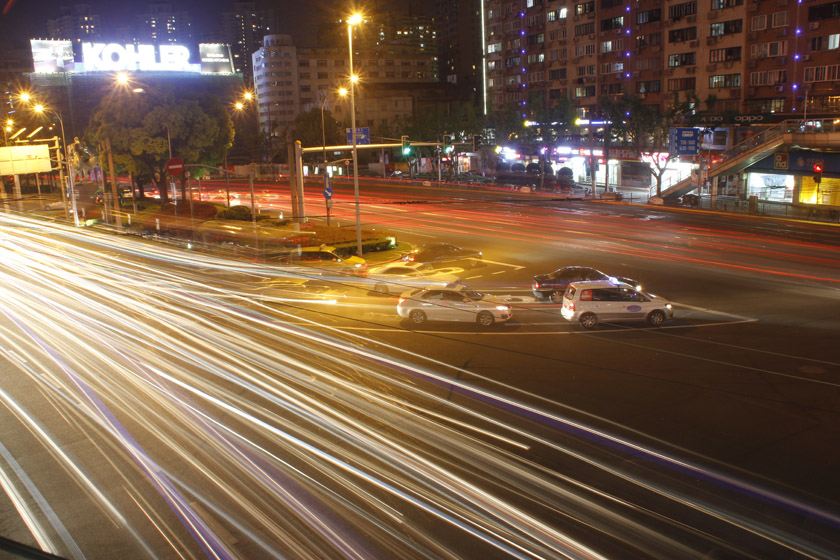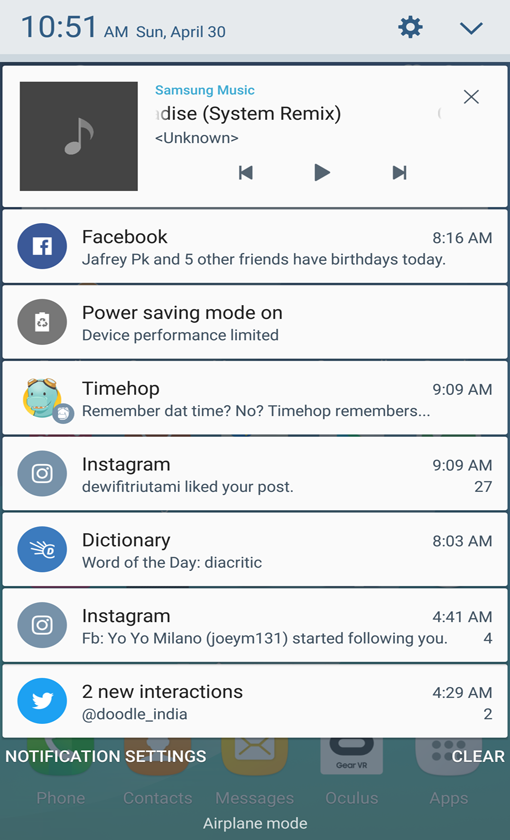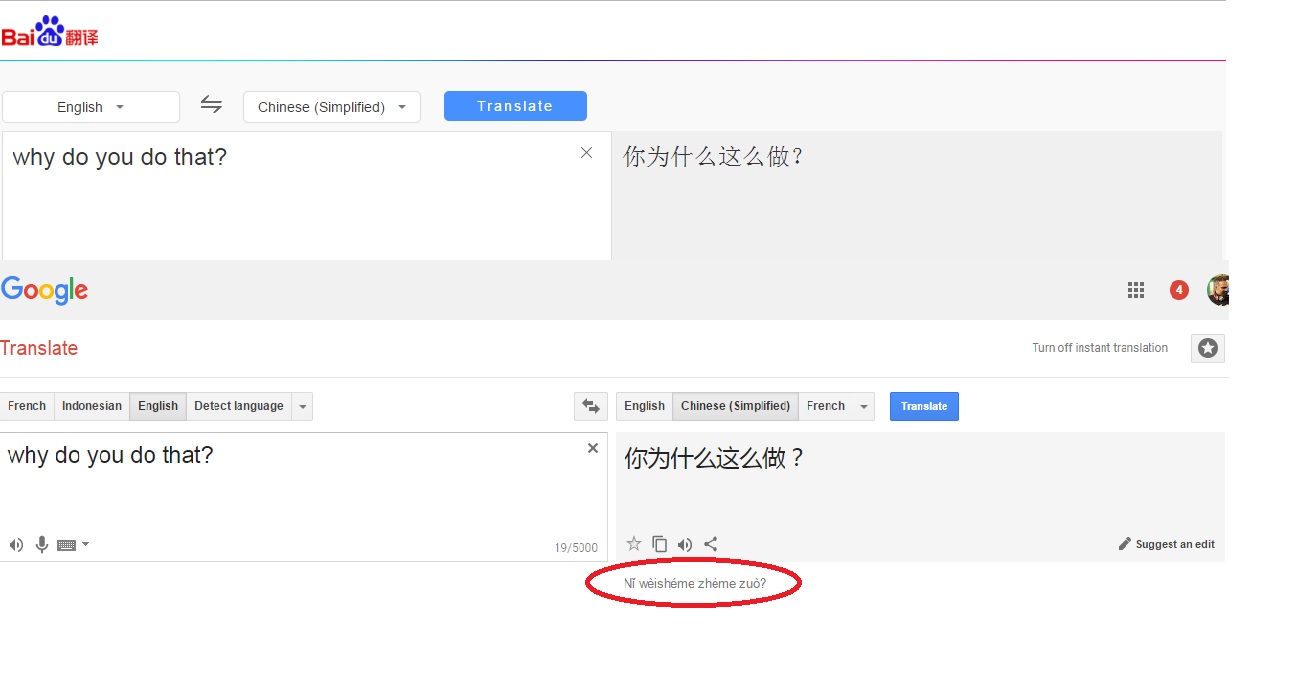By Abhi Surendran
I was excited about China. Until April 2017, I had been to Hong Kong and Macao (which are special administrative regions of China). And even Taiwan, the diplomatic status of which I don’t wish to discuss. But I have never been to Mainland China. And I believe I had every right to be excited. I was excited to start my Chinese exploration in Shanghai, and see the glorious architecture of the Bund. I was excited to try the fastest commercial train in the world, to see the magnificence of the Yuyuan gardens, to see how China did ‘crowd control’, and to try some authentic Xian food – my favourite Chinese cuisine.
In all this excitement, I had forgotten one thing. The great wall of China. No, not THE great wall of China. That was far away from Shanghai, closer to Beijing. I was referring to the other great wall. The all-encompassing, infamous Great Firewall of China, which blocked and censored most of the internet world as we know it.

Deng Xiaoping famously said in the 1980’s: “If you open the window for fresh air, you have to expect some flies to blow in”. This belief is said to have led to ‘The golden shield project’. The name itself may make you wonder if we are talking about episodes from a Marvel series on Netflix, but actually this was the name of the censorship and surveillance project of Mainland China, from which was born, the now infamous Great Firewall of China. These set of censorship activities involved blocking certain websites and slowing down cross-border internet traffic. So, sites like Facebook, twitter, google, Instagram and a host of news websites, are all blocked in China.
The only way to get around this was by using a VPN service. Although technically illegal, everybody did it. Go to Instagram and use a hashtag like #Shanghai or #Beijing, and you will see thousands of posts from people living there. How they do this, is by using a VPN service that lets you get around the firewall. The Chinese government works hard to bring down these VPNs, but each time one bites the dust, another one rises from its ashes. And I was warned – repeatedly – by friends and colleagues to install a VPN service before I flew to China. Even my Chinese colleagues in Singapore had reiterated the same thing. But in all my excitement for visiting a country I had never visited before, I did what the goofy me always ends up doing.
I screwed up and landed in Shanghai’s Pudong airport with no VPN installed on my phone or my laptop.
How I screwed up, is a different story which I won’t go into. (I think I make an enough ass out of myself already, and I have to give ass-planations now?). But here is how I dealt with it.
Bare necessities of a digital traveller
The first thought that occurred to me was, how the hell am I going to get to my hotel? The Pudong airport had no Wi-Fi, but thanks to the email caching on my phone, I knew I was staying in Zhaojiabang road. How to get there? I had no idea, because google maps does not work in China. Even if I were to use the roaming data on my phone, there was no way that I could connect to the google servers.
I found an information centre desk, and showed them my hotel address in Zhaojiabang Road. They gave me steps to get there, which I took down obediently like a 6th grade student who believed his life depended on this. Get the Maglev train to Longyang road station. From there, take the metro to Dapuquiao metro station on subway line 9. And my hotel was – thankfully – right next to the metro station.
The next problem was language. I had surmised – before I did the colossal mistake of forgetting a VPN service – that I could get by in China using the google translate app. Of course, google translate wouldn’t work anymore, even if I had a working internet connection. So, I stumbled my way through communications with locals, all the way to the hotel and even the hotel reception.
I finally had internet at the hotel. Time to see what I could do without a VPN in China.
When I connected to internet finally on my Android phone, the results were funny. I was still receiving all notifications on my phone, from Facebook, Instagram and other social media platforms. But only notifications: when I clicked on them, nothing happened. They just kept loading and loading for EVER. Oh this was even more painful then I thought. They could have blocked the notification service too! Now, I had to live with the pain of knowing that there were things happening on my social media accounts, without actually knowing what they were! This was torture! (Sorry for the melodrama)

I tried to access google sites. No luck. Tried checking my FB messages. No luck. None of the websites as my adult mind knew it were working. I had to find something to do in Shanghai, because obviously I wasn’t sufficiently prepared for this trip. I lucked out here, because the wiki sites were not blocked. Wikipedia worked, and so did wikitravel. I made a quick list of things to see around Shanghai for the next few days that I would be here.
The next step was the local maps. This was important for me, because I was taking the public transport to get everywhere. But google maps simply did not work. It showed me a blank map of Shanghai! I tried using Baidu maps, which was the prominent maps service in China. But for an English user, using this site was almost impossible, because all instructions were in Chinese. And then, I figured out that I had an alternative.
Maps.me is an offline maps application that I already had installed on my phone for a Brazil trip, a few months ago. I did not even need internet to use it, provided I had downloaded the maps for China. I had not. But when I tried to download the China map in my hotel room in Shanghai, it worked! It was downloading, but at an excruciatingly slow speed. I cannot complain, because something was definitely better than nothing!
Lastly, I needed to figure out a translate app. Without a VPN, google translate was completely useless now. I could try and download an offline translation app, but then I found out that the Android appstore was not accessible too. So eventually, I settled for Baidu’s translation service.
That wasn’t so bad. In fact, the layout was exactly the same as google translate. With one minor difference. There was no transliteration. Like in the screenshot below, google tells me how I can say the words. Baidu didn’t. I just had to show my phone and all the Chinese characters to someone.

A social media detox in China
The good thing that came out of this blunder was that I ended up on a complete social media detox for a few days. Having no Facebook meant that many apps which use the Facebook login service (Couchsurfing, tinder etc.) were not working too. If I wanted to socialize, I was left with just one choice.
Do it the old-fashioned way. Go out and see the place and talk to people.
To my utter dismay, I ended up enjoying this completely! For the first time in my adult life, I heard and saw everything that happened around me without being distracted by the multiple social media networks that govern our life. I enjoyed the sights of Tian Zi Fang, without worrying about getting that perfect Instagram angle every time. Some teenage kids who were learning English came to me, and started talking in broken English, so that they could practice it better. I was happy to oblige. I even made some small talk with a few old people at the Bund, who had translation apps. They typed simple sentences in Chinese, and offered me the phone to show me the English translation. Stuff like, “Do you like our country?”, “Do you know Bollywood dancing” etc. A young gay guy even sat next to me in a café, and after ages of smiling, typed a single Chinese line on his phone and gave it to me.
It said: “you are quite handsome for a shadow”. (Note that ‘Shadow’ denotes a person of darker skin, but he was not saying it in a racist tone at all. Don’t jump your guns). I smiled back at him, and politely let him know that I was straight.
I did eventually post some pictures from Shanghai on my Instagram when I finally got back to the internet civilization. Check them out below. And if you visit China in the future, remember: it may be a pleasant surprise if you end up forgetting the VPN service.

Abhi has been to 78 countries so far, and hopes to become the youngest Indian to visit all the countries of the world over the next few years. A traveller, photographer and blogger who dreams of completely abstaining from a corporate life, he has decided to immerse himself in travels, photography, occasional periods of bankruptcy, and copious amounts of insanity.
Follow his travels on his Facebook and Instagram accounts, and check out his blog at https://iamnothome.net